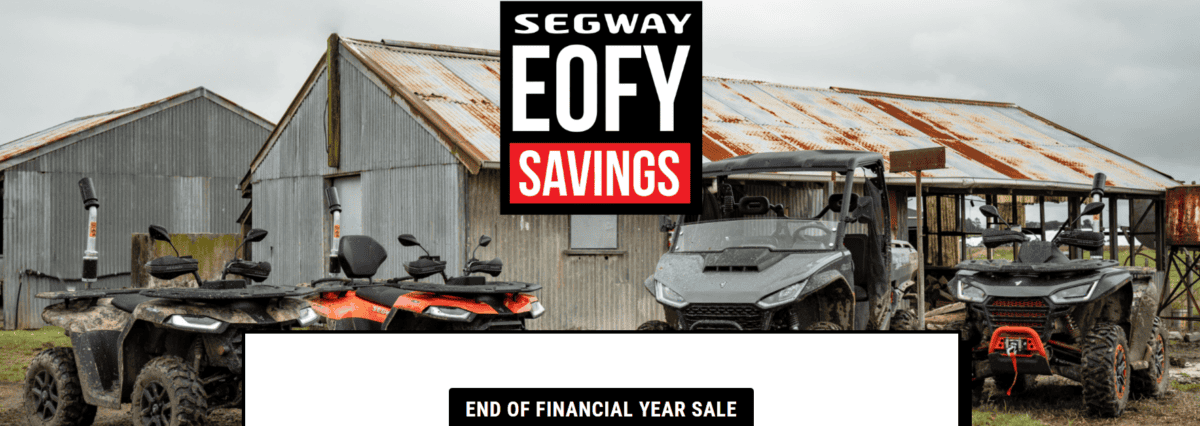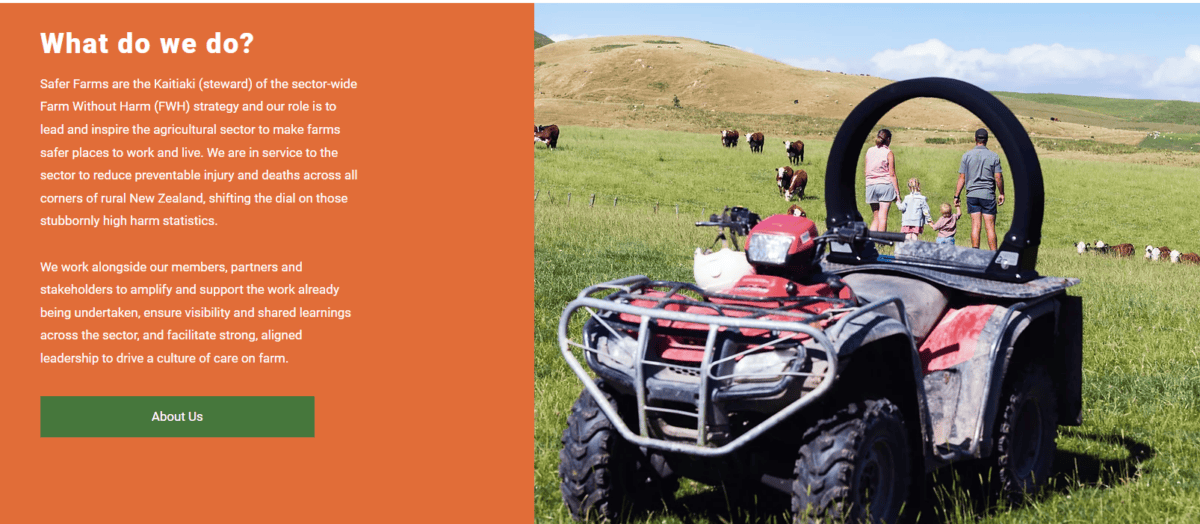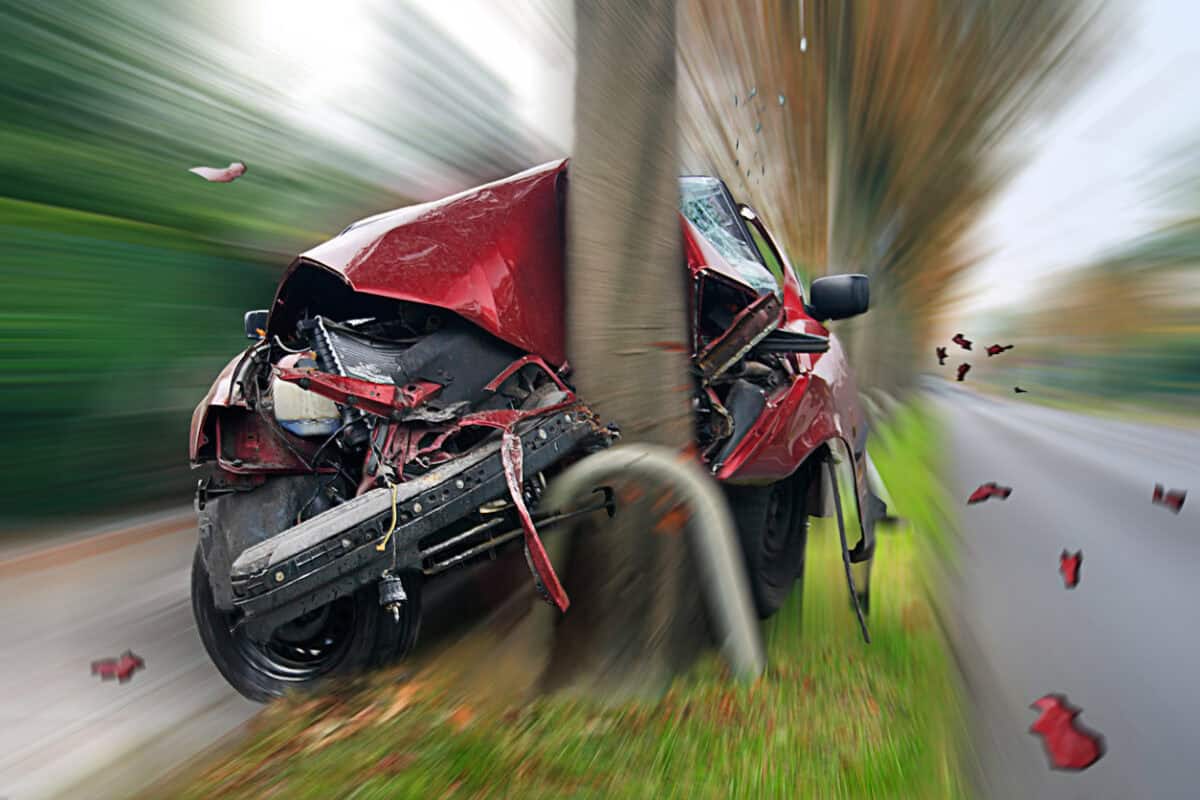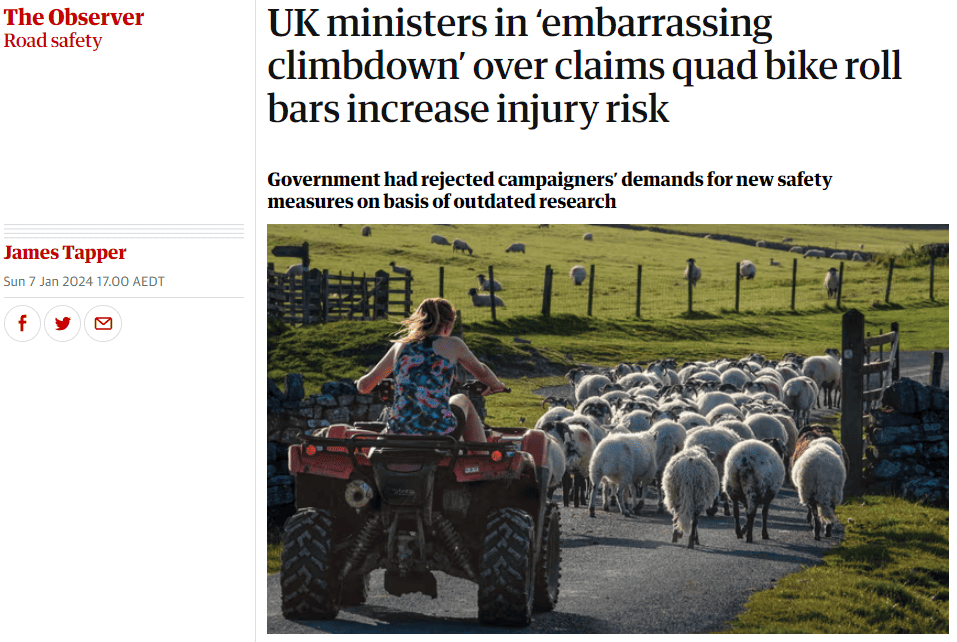Recently, Lisa Ronson died in a vehicle incident on her Victorian farm. Much has already been written about her family’s loss, Lisa’s life and the impact on the community. This article is not about her; it is about how her death has been presented in the media over the last few days and the words used for the means of her death.
For many, her death was brought to our attention by a front-page article in the Herald-Sun newspaper on November 25, 2024 (image below). As an advocate for occupational health and safety (OHS) with a strong interest in farm safety, I read the whole article, and others, looking for details of the incident to contextualise it in the history of farm deaths. The only details were mentioned in the second paragraph:
“….after Ms Ronson was killed in a tragic farm accident on Saturday night, her devastated family is mourning the loss of a cherished wife and mother.”






